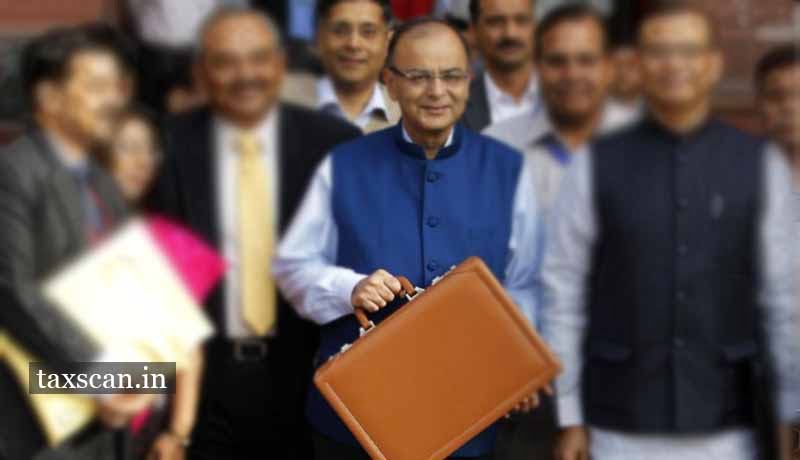Budget 2018 : What India Expect?

Budget 2018
Budget 2018
All eyes are on the Union Finance Minister Arun Jaitely, who will announce his fifth consecutive Budget 2018 tomorrow in the Parliament.
Last year witnessed some major law reforms like rollout of Goods and Services Tax (GST), changes in the corporate laws, the Real Estate (Regulation and Development) Act (RERA), Insolvency and Bankruptancy Code, and post-demonetization changes in Income Tax Laws. The Budget 2018 will assess the impact of all these in the growth of the economy.
Amidst all these, the Country is expecting some major changes from the Government in this Budget. They are,
What Common Man Expects?
The income tax is calculated according to the income tax slabs announced by the government every year in the Budget. Up to Rs. 2.5 lakhs rupees, no income tax is payable. In the present budget, every common man would expect an increase in the basic exemption amount to 3 lakhs from the current 2.5 lakhs.
A lay man may also have an eye on the enhancement of ceiling limit for eligible deductions which would help in increasing savings of individuals. Certain investments and expenses such as medical re-imbursement, house loans, contributions to various funds, various allowances such as House Rent Allowance (HRA), leave travel allowance etc are eligible to be deducted from the salary income. The deduction limit was last raised to 1.5 lakhs from 1 lakh in the year 2014-15. Hopefully, this Budget may increase the same to 2 lakhs.
What Corporates Expect?
2017 been a crucial year for corporates due to various policies of the Government. Most importantly, what the corporates expecting from the Budget is a reduce in corporate tax rate to 25% from the present 30%. The rate of Minimum Alternative Tax may also be reduced to 15% from 18.5%. There are also chances to tax long-term capital gains in stock market investments.
Further, changes may also brought in case of dividend distribution tax (DDT) which is payable by a domestic company to shareholders at 15 per cent of the aggregate dividend declared. The effective rate is 20.35 per cent, including surcharge and cess.
What Small and Medium Enterprises Expect?
SMEs, who are already puzzled with the ‘GST game’ of the Government, are trying resolve the issues of ambiguity over GST issues, dilemma in Return filing etc., expecting some relief from the Budget. Import tax on gold may reduce to 2-4% from 10% to prevent smuggling.
What Banks expect?
In banking sector, the banks are expecting tax deduction for provisioning of non-performing assets (NPAs). Recently, the Supreme Court in CIT v. Vasisth Chay Vyapar Ltd, has held that the interest income earned by Non-Banking Financial Companies (NBFCs) on non-performing assets (NPAs) should not be taxed on the accrual basis. A similar relief can also expect from the Finance Minister tomorrow.
Further, the budget may also increase the threshold for tax deduction on interest paid on bank deposits from current Rs10,000. The tenure of tax-exempted retail term deposits may also reduced to minimum of 3 years from current 5 years. Tax relief may be granted for proceedings under insolvency code.
What real Estate sector Expect?
RERA and GST had a significant impact on the sector. They expect to set a single-window clearance for all real estate projects, especially housing to avoid execution and project delays. Further, infrastructure status to real estate to help bring down finance, project costs, will make homes more affordable.
Further, it is likely to reduce GST rate for under-construction real estate projects from current 12%. The Real estate sector also hope that the Government may spend more on affordable housing. GST rate for home purchases is likely to reduce to 12% with a cut in the stamp duty.


